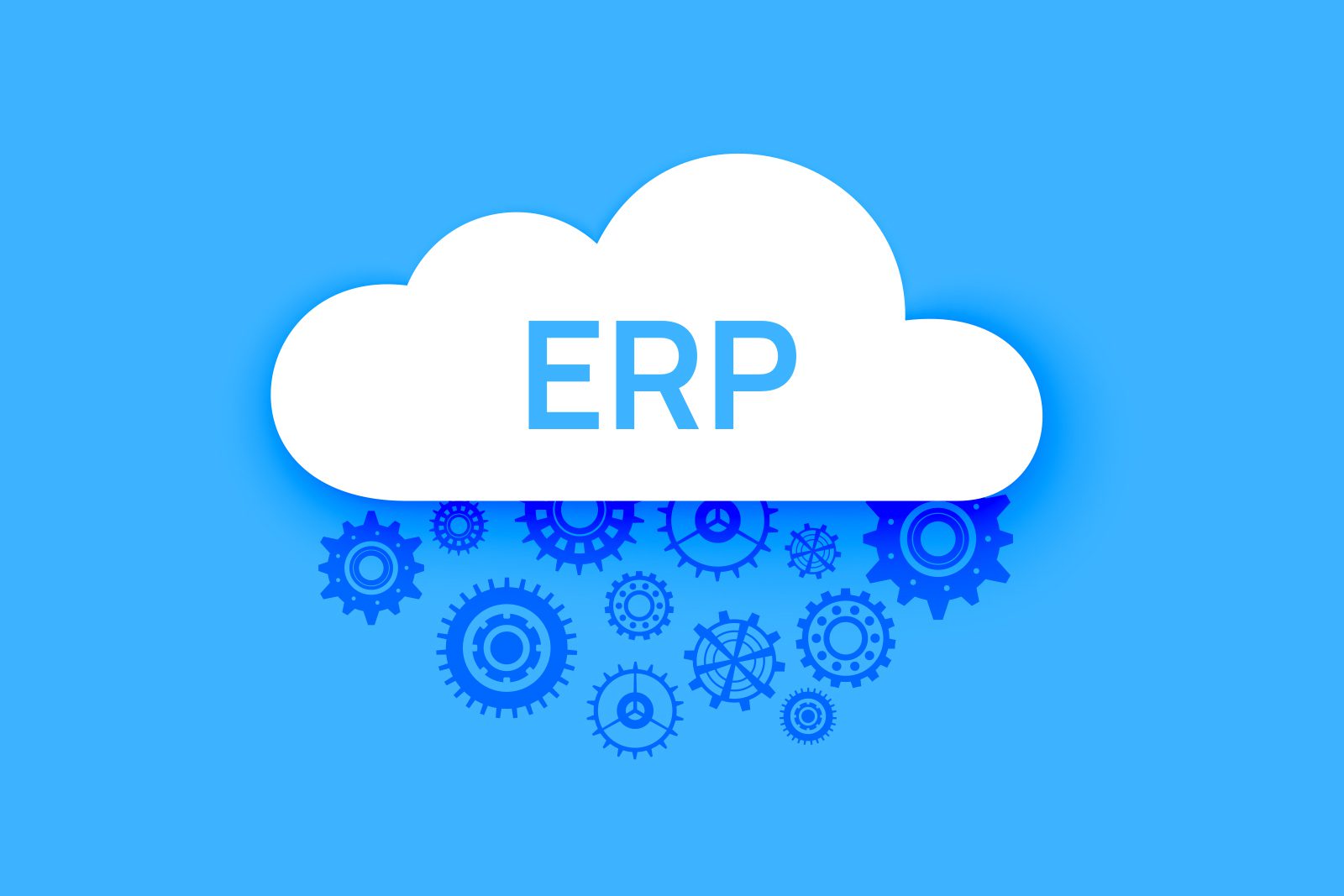Share
Read also

Trends & Views
Digital transformation strategies

Business Software
CRM 2025 market: Response to increasing customer demands

Business Software
Understanding the ERP lifecycle management

Mobility
How is EM shaping the way SMBs operate?
Gradually, businesses acknowledge the necessity of ERP in their everyday operations. In practice, of course, ERP can offer much more than just a multilevel improvement in business processes. Let us look at some important yet underestimated advantages of cloud ERP, and how you can use them to your own benefit.
Improved customer experience
One of the main advantages of cloud ERP, although maybe not an immediate one, is that it improves customer experience. For example, your company will be able to fulfil all orders of a customer, regardless of their size, by continuously monitoring stock to know the exact time-to-fulfilment needed. According to Business Computing World, companies that use ERP and analytics show a greater increase in revenues on a yearly basis, compared to those that do not have a similar solution. The takeaway is that cloud ERP helps businesses to make customer-related decisions based on data rather than assumptions, which, in the end, will improve their relationship with customers.
Mobility, BYOD, and ERP
Given the popularity of mobile devices, companies have started adopting BYOD policies to allow their employees to work from anywhere. Cloud ERP has been built with mobility in mind, which means that companies will be able to provide their teams with all the necessary information for their work, without having to spend huge amounts of money in hardware. In addition, employees will be able to update the information on the ERP platform, in real time.
Data security
Every time we talk about cloud computing, we imagine a platform that is everywhere… and nowhere in specific. The problem with this perception is that it leaves much room for privacy and security loss claims, which, obviously, are not true. In fact, cloud is highly safe, and even safer than on-premise solutions that require many resources and supervision. And cloud ERP consolidates numerous security sources on a single platform, controlled by the vendor.
Less pressure on IT
Since the IT team is a company’s backbone, they must know exactly what is going on with the deployed ERP. The benefit for IT is that cloud ERP makes every aspect of their job easier, saving them time. Instead of much valuable time being wasted in-house in updates, patches, and issue resolution for an on-premise ERP solution, these tasks are fully taken on by the vendor. As a result, IT will be able to focus on all the important initiatives that drive the company’s profitability.
Long-term planning
It goes without saying that ERP solutions alone are meaningless unless they are future-ready. This is the major advantage of cloud ERP: it is scalable and ready to respond to any changes. That means that it does not only re-adjust to short-term changes, but it can also analyze long-term data and meet their requirements. Providing that cloud ERP is used right, you will be able to take advantage of massive sets of data to overcome all those issues that inevitably occur in the execution of your everyday operations.







